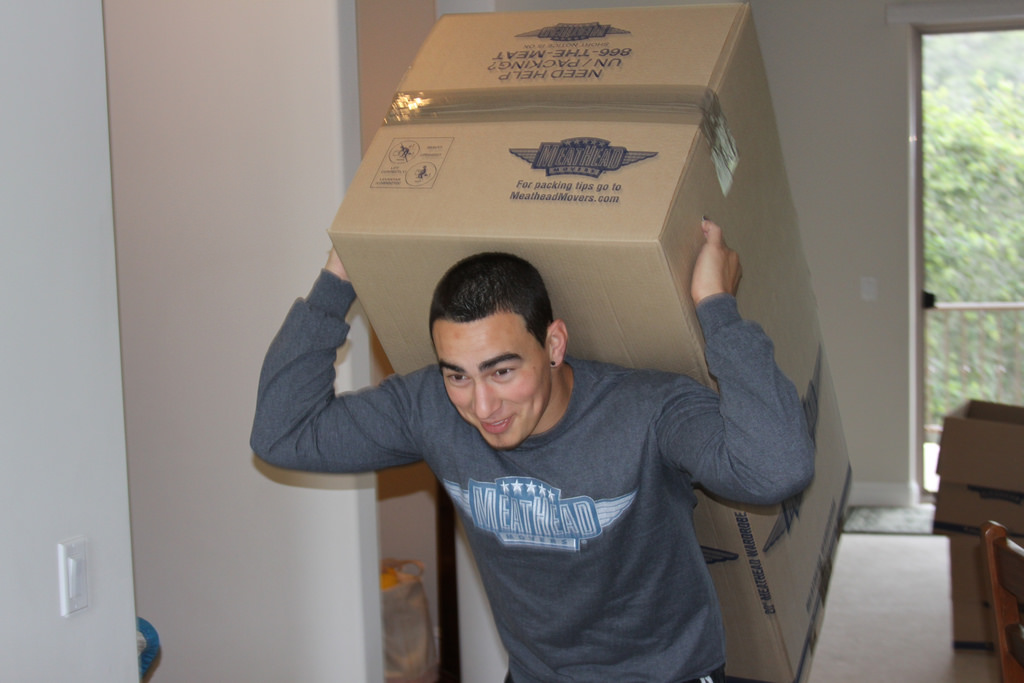Ever feel back pain during the middle of the day? Ever lift something heavy and feel a tweak in your back? Are you in your fifties? Well, it’s possible that you may have a herniated disc! No fear, we have your back when it comes to understanding and preventing herniated discs.
A herniated disc occurs when your spinal disc moves from its original position. The disc is normally located between the vertebrae in your spine, and functions like a rubber cushion. In other words, let’s say the spinal disc is a jelly donut and a herniated disc occurs when the “jelly”, or softer parts of the spinal disc, pushes out through an opening in the vertebrae. This can damage the spinal nerves coming out of that opening. While most people get herniated discs as they age into their mid-50’s and beyond, it’s still possible to get one earlier. It is important to be able to know the symptoms and to take precautions against herniated discs!
Before we delve into the symptoms, let’s cover why herniated discs happen. Disc herniation often occurs when you’re older. As you age, your spinal discs lose some of their water content. As a result, your discs become more rigid and susceptible to tearing after a minor twist or strain. Another cause of disc herniation is incorrectly using your back muscles to move and carry heavy objects. People with increased body weight or strenuous jobs are also at a higher risk. Genetics also plays a role, as some people inherit genes that make them more susceptible to disc herniation.
Image Source: Andy Ryan
In some cases, it’s possible to have a herniated disc without knowing it. In other cases, a herniated disc in either the lower back or neck can be very painful. You may feel arm or leg pain, numbness, tingling, or weakness in the affected spinal nerves.
The conservative treatment for disc herniation involves exercise, pain medications, and physical therapy that reduce the pain. If these treatments fail to work, surgery is required to either remove the misaligned “jelly” of the disc, or to replace the disc with metal hardware.
Ways to prevent disc herniation include exercising and keeping good posture, which reduces the stress on your spine and discs. Maintaining a straight back and using strength from your legs to lift heavy objects are important. Finally, maintaining a healthy weight helps reduce daily stress on your spinal discs.
Note that it’s never too late to adopt healthy habits, like eating healthy, sitting up straight, and lifting correctly, to prevent herniated discs! While herniated discs mainly affect older people, your back will thank you when you’re older. Regardless, the fear of getting a herniated disc should not stop you from living your life. With the right care, you’ll still be able to do your daily activities.
Featured Image Source: I got it! Moving box on back. by Meathead Movers










